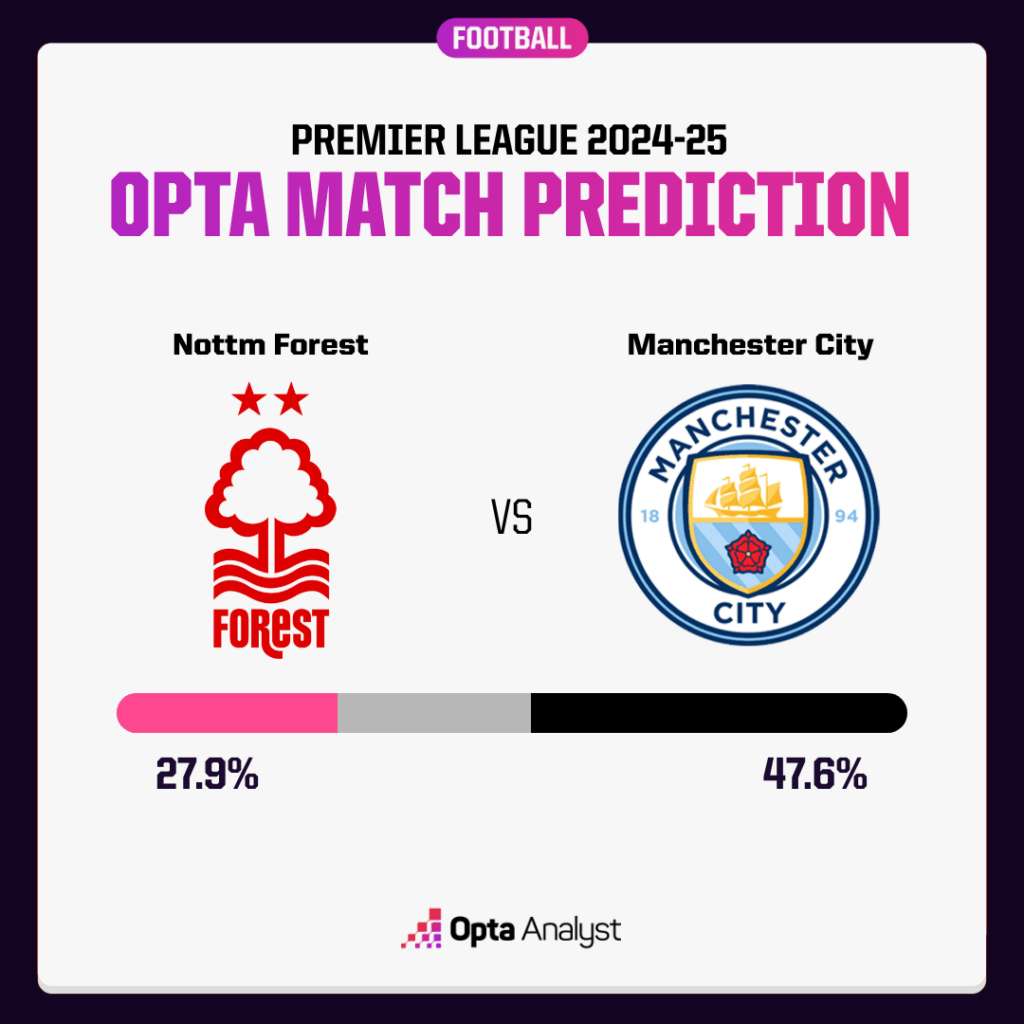Alright, so yesterday I was messing around with trying to predict the Manchester City vs. Nottingham Forest game. Here’s how it went down.

First off, I grabbed some data. I’m talking about historical match results, team stats, player stats – the whole shebang. I scraped it from a couple of sports websites, nothing too fancy.
Next, I dumped all that data into a spreadsheet. I know, super high-tech, right? But it’s the easiest way to wrangle it and see what’s going on. I looked at things like goals scored, goals conceded, possession, shots on target – you name it.
Then, I started thinking about the key factors. Man City are usually a powerhouse, but Nottingham Forest can be tricky at home. I considered things like injuries, suspensions, and recent form. Man City had a couple of key players out, so that definitely played a role.
I tried a couple of different approaches to the prediction. First, I used a really simple statistical model. Basically, I looked at the average goals scored and conceded by each team and used that to come up with a scoreline. It was pretty basic, but it gave me a baseline.
After that, I tried to factor in some more nuanced things. I looked at the head-to-head record between the two teams. I also considered the importance of the game – was it a must-win for either team? These things can affect how the players perform.

I even played around with a simple machine learning model. I fed it all the historical data I had and told it to predict the score. It wasn’t super accurate, but it was interesting to see what it came up with.
In the end, my prediction was that Man City would win, but it would be a close game. I figured something like 2-1 to Man City. I based that on their overall quality and attacking threat, but I also knew that Nottingham Forest were capable of causing an upset.
So, how did it go? Well, Man City won, but it wasn’t exactly a nail-biter. They won comfortably. My prediction wasn’t perfect, but hey, that’s the fun of it! It’s more about the process and learning than being right every time.
Lessons learned? Data is key, but you also need to use your brain and consider the human factors. And sometimes, even with all the data in the world, football is just unpredictable. I’ll keep tinkering with my approach for the next match!











